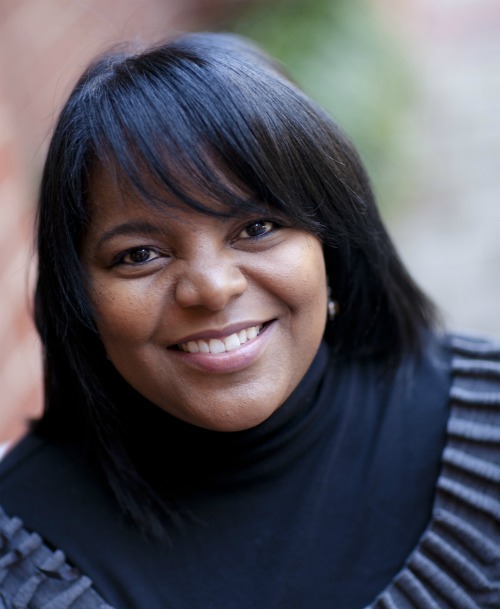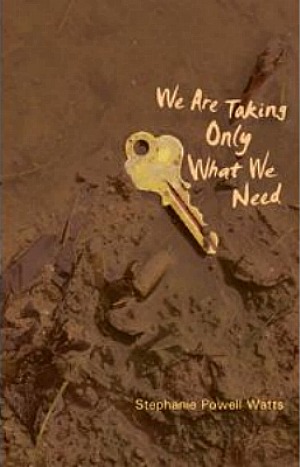Watts named finalist for Hemingway Foundation/PEN Award
Stephanie Powell Watts, associate professor of English and the director of Lehigh’s creative writing program, has been honored as a Hemingway Foundation/PEN Award finalist for her short story collection, We Are Taking Only What We Need (BkMk).
The honor is considered the nation’s most important award for a first work of fiction. Watts will receive the award at a ceremony in Boston on April 1.
Teju Cole was named the winner of the 2012 Hemingway Foundation/PEN Award for a distinguished first book of fiction for Open City (Random House). In addition to Watts, Amy Waldman was recognized as the other finalist for the award for The Submission (Farrar, Straus and Giroux).
Watts, a first generation college student, grew up in Lenoir, N.C., in the shadow of the Blue Ridge Mountains. Her stories draw from a rich and colorful past including her work as a Jehovah’s Witness minister. Watts spent many years preaching door to door as a Jehovah’s Witness.
“When someone comes to your door, you know they don’t want you there,” Watts says. “There is a drama. You know that. But you also know you have a truth and it’s bigger than you.”
Watts preached in the reclusive region known as unassigned territory. “These were remote, rural places in which ministers were not assigned, but still traveled … a tough area populated by pockets of African Americans, Cherokee descendants, white, socioeconomically desperate in trailers and shotgun houses, beside new money with mansions springing up out of weeds and dirt roads.”
Watts’s experiences led to her Pushcart Prize-winning short story, Unassigned Territory.
‘The portal to other worlds of experience’
All of the stories in the collection are about young, black, and poor women living in North Carolina who are smart, but not educated. Their prospects may seem slight, but they want something else. Sometimes they don’t know how to get it. Sometimes they do. They are often visible and invisible at the same time, intrusive but unable to understand how they feel about it.
Watts’ collection focuses on questions of post-blackness in a world that hasn’t gotten that memo yet, lost identity when the moorings that anchor the body to the world— faith, family, race—are fractured or broken altogether. They struggle, as Watts says, to determine how to “keep going when you realize the sandbags are gone and the balloon is free.”
Thanks to a McNair Scholarship, given to encourage low-income and first-generation college students to enroll in a Ph.D. program, Watts went into academia. (Ronald McNair was the 2nd African American in space, assigned to the tragic Challenger mission).
“I believe in the mission of the McNair scholarship program, Watts says. “My family and my mentors all believed that there is no more important occupation than passing what you have learned in the world on to someone else. Education was to them and is for me the portal to other worlds of experience that we would not have access to otherwise. My grandmother always stresses that education is the one thing that is yours forever—the one thing nobody can take from you.”
Two other writers received honorable mention for the Hemingway Foundation/PEN Award: Marjorie Hudson for Accidental Birds of the Carolinas (Press 53) and Chad Harbach for The Art of Fielding (Little, Brown). Cole and competition finalists and honorable mentions receive Ucross Residency Fellowships at the Ucross Foundation in Wyoming, a retreat for artists and writers.
We Are Taking Only What We Need has earned critical acclaim as well. Publishers Weekly calls the collection “a strong debut” that “demands tribute,” while Booklist hails the book as “striking,” “witty,” and “accomplished,” while praising Watts as a “talent to watch.”
Posted on:



